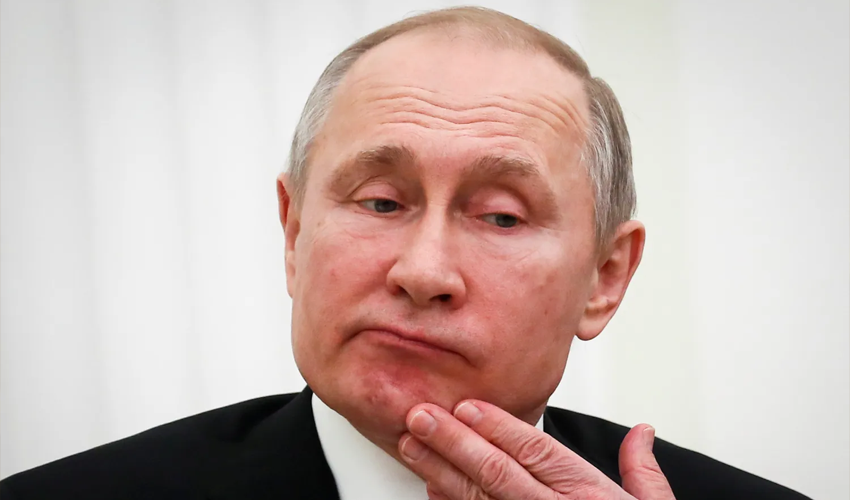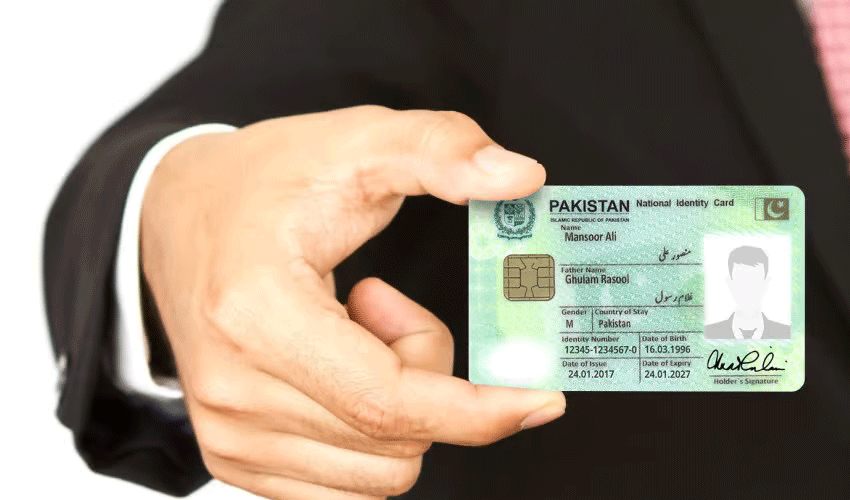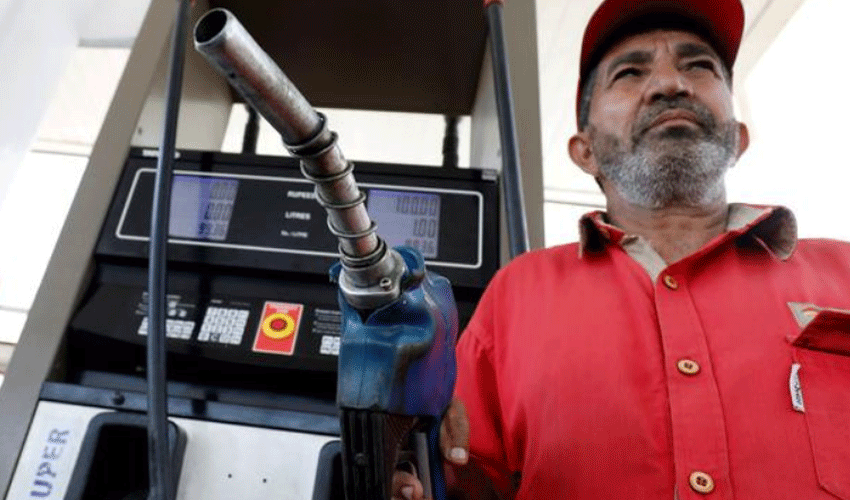President of Russia Vladimir Putin has reportedly made the decision to run in the upcoming March 2024 presidential election, extending his hold on power until at least 2030, according to sources within the Kremlin.
Six anonymous sources, well-acquainted with the inner workings of Russian politics, revealed the decision to Reuters, emphasizing the critical and challenging period that Putin believes Russia is currently navigating.
Putin's staggering tenure
The decision comes on the heels of Putin's successful handling of a potentially volatile situation involving the Wagner mercenary group's leader in June, during which an armed mutiny was averted. In the lead-up to the 2024 election, Putin has focused on consolidating support among his core base, including the security forces, the armed forces, and regional voters outside of Moscow. The defense, weapons, and overall budget spending have witnessed significant increases, and Putin has been making numerous public appearances, even in remote regions of the country.
War in Ukraine
One of the sources stated, "The decision has been made - he will run," while another confirmed that the decision had been reached, and Putin's advisors were preparing for his participation. Three additional sources corroborated the decision to run in the March 2024 presidential election, although all sources spoke on the condition of anonymity due to the sensitive nature of Kremlin politics.
Kremlin spokesman Dmitry Peskov noted that President Putin had not officially commented on his re-election, stating, "The campaign has not been officially announced yet."
Vladimir Putin, who assumed the presidency at the end of 1999, has already served as Russia's president for a longer period than any other Russian leader since Josef Stalin, surpassing even Leonid Brezhnev's 18-year tenure. Diplomats and analysts agree that there are no serious rivals who could challenge Putin's electoral prospects, given his approval ratings of around 80%, strong state support, and control over state media. Additionally, mainstream public opposition to his continued rule remains minimal.
Russia's path towards chaos
Nevertheless, Putin faces a myriad of challenges that may make his extended rule fraught with difficulties. The war in Ukraine has led to the most significant confrontation between Russia and the West since the Cuban Missile Crisis of 1962. Western sanctions, triggered by the conflict, have delivered a substantial external shock to the Russian economy, resulting in inflation and a weakened ruble. Draft government plans also indicate that defense spending will account for nearly one-third of Russia's total budget expenditure in 2024.
One of the most direct threats to Putin's rule emerged in June when Yevgeny Prigozhin, Russia's most powerful mercenary leader, led a short-lived mutiny. Prigozhin's life was tragically cut short in a plane crash two months later, and Putin subsequently extended the influence of his allies over the remaining elements of the Wagner force using the Defense Ministry and the National Guard.
While the West has cast Putin as a war criminal and a dictator, Putin portrays the war in Ukraine as part of a broader struggle with the United States. According to the Kremlin elite, this struggle seeks to dismember Russia, seize its abundant natural resources, and eventually target China.
For some Russians, however, the conflict has exposed the vulnerabilities of post-Soviet Russia. Jailed Russian opposition politician Alexei Navalny argues that Putin has led the country towards a strategic impasse, creating a brittle system of corrupt loyalists that will ultimately yield chaos instead of stability.
"Russia is going backwards," warned Oleg Orlov, a prominent human rights advocate in Russia. "We left Communist totalitarianism but now have returned to a different kind of totalitarianism."



























